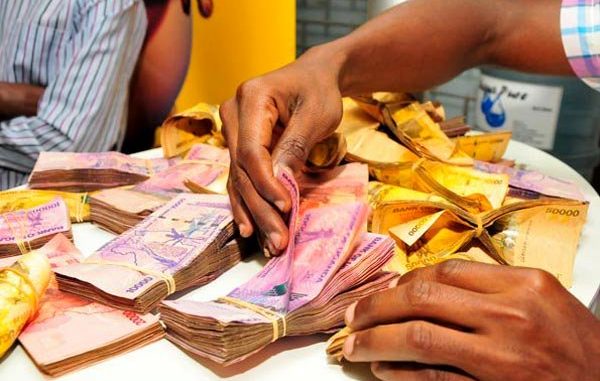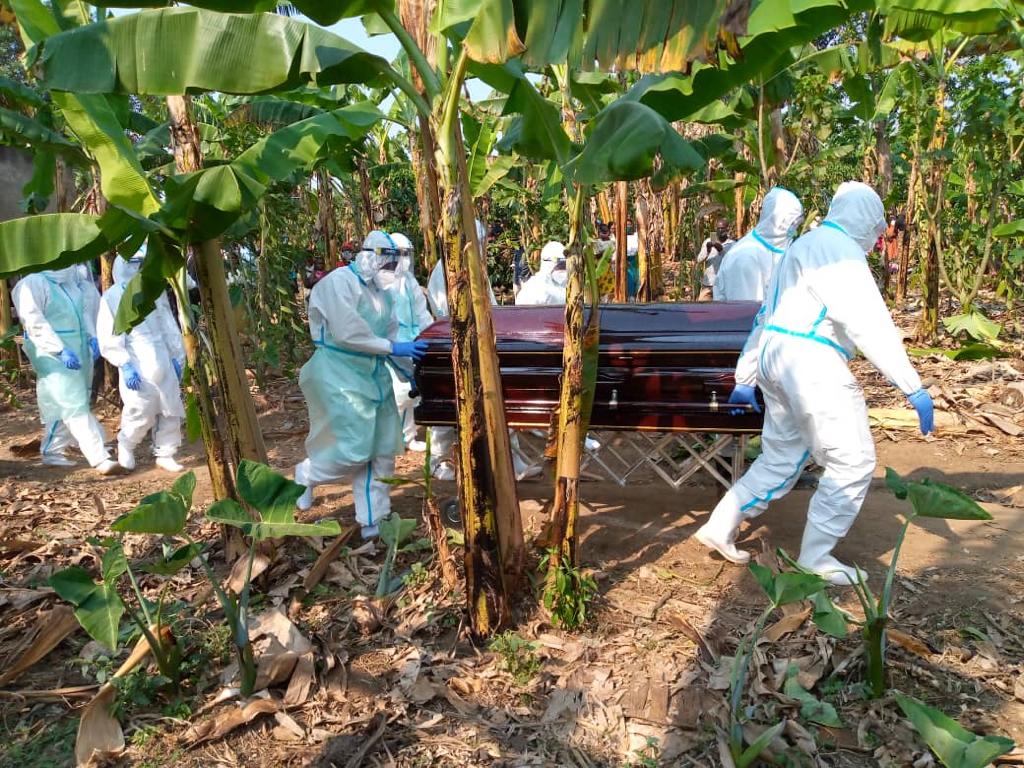Uganda’s President Yoweri Museveni has stressed the need to lower the cost of production for the private sector led growth to yield positive results.
The President made the observations onFriday at State House, Entebbe during a meeting with envoys of the European Union in Uganda who were led by the Head of the European Union delegation in the country, Ambassador Kristian Schmidt. Mr. Museveni and visitors discussed a wide range of issues that included the Uganda national budget, jobs, investments, trade and business opportunities.
“The Government’s strategy is to have a private sector led economy. You must talk about the low costs of production. In order for the private sector to grow, we need to have roads, a railway network, electricity supply and look for cheap money through the Uganda Development Bank,” he said.
He informed his guests that the NRM Government has worked to ensure the lowering of cost of production in order to attract companies to invest in Uganda. He added that the lowering of cost of doing business in the country can be realized through the provision of railway, roads, electricity and education.
Citing the example of the West African country of Ghana, which underwent recovery through the utilization of the Akasombo power dam, Mr. Museveni observed that a number of people who had consigned the dam as a white elephant, have subsequently been proved wrong because it generated electricity in excess of 900 megawatts. He also said that Mozambique recovered by using the Kabora Bassa power dam that had a capacity of generating 2,000 megawatts of cheap electricity.
Mr. Museveni, therefore, informed his guests that the NRM Government has provided a solution to low cost of production through health and education. He said that the Government has enhanced health care by ensuring effective immunization and hygiene on top of promoting prevention of diseases rather than treatment.
Regarding the oil resource, President Museveni said funds from the sector will be dedicated to further development of infrastructure including more electricity generation but not on consumption because it must used to create durable capacity.
He observed that all the rivers in Africa have got a combined potential to generate 360,000 megawatts of electricity yet this capacity would still be insufficient to meet the continent’s needs. He called for the need to focus on lowering the cost of solar energy adding that the second option would be the utilization of nuclear energy.
Regarding regional developments, the President updated the envoys on the progress in the peace process in South Sudan as well as the prevailing situation in other neighbouring areas such as Burundi and the Democratic Republic of Congo (DRC) and expressed concern over the large number of people being killed in DRC.
The Minister of Finance Matia Kasaija revealed that the roads construction component was a big contribution towards enabling the farmers to access the market for their produce. He noted that the roads were crucial in the development of agriculture in the country.
Ambassador Kristian Schmidt, on behalf of his EU colleagues, said the Government should consider allocating more financial resources to the health and education sectors.
Ambassador Schmidt further observed the need for the Government to establish a state-owned agricultural bank that would lend out to farmers at cheap interest rates. He expressed pleasure to learn about the Government’s commitment to fighting corruption.





